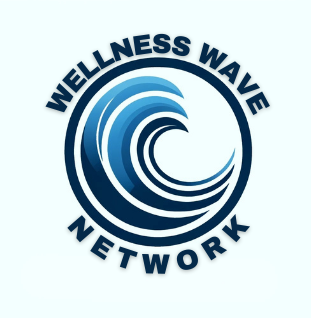Atherosclerosis Symptoms, Causes, and Treatments: Comprehensive Guide

Let's talk about atherosclerosis, dear ones. This condition involves the buildup of fats, cholesterol, and other substances in and on the artery walls. This buildup, known as plaque, can restrict blood flow or cause blood clots if it bursts. Understanding atherosclerosis, its symptoms, causes, and treatments is vital for maintaining heart health.
Symptoms and Causes
Symptoms of Atherosclerosis:
Atherosclerosis develops gradually and may not show symptoms until an artery is significantly blocked. Symptoms depend on the affected arteries:
- Heart Arteries: Chest pain or angina.
- Brain Arteries: Sudden numbness or weakness in limbs, difficulty speaking, or drooping facial muscles.
- Peripheral Arteries: Leg pain when walking.
- Kidney Arteries: High blood pressure or kidney failure.
Causes of Atherosclerosis:
The exact cause is not clear, but it begins with damage to the inner layer of an artery. This damage can be caused by:
- High blood pressure
- High cholesterol and triglycerides
- Smoking
- Diabetes
- Inflammation from diseases such as arthritis or infections (Mayo Clinic) (Mayo Clinic).
Diagnosis and Treatment of Atherosclerosis
Diagnosis: Doctors use various tests to diagnose atherosclerosis, such as:
- Blood tests: To check cholesterol levels.
- Electrocardiogram (ECG or EKG): To record the heart's electrical activity.
- Imaging tests: Including ultrasound, CT scans, and MRI to visualize arteries and detect blockages.
- Coronary angiography: To see the blood flow through the heart's arteries (Mayo Clinic) (Mayo Clinic).
Treatment: Treating atherosclerosis involves lifestyle changes, medications, and sometimes surgical procedures. Here’s what can help:
- Medications: Statins to lower cholesterol, antiplatelet drugs to prevent clots, and other medications to control blood pressure and diabetes (Mayo Clinic).
- Lifestyle changes: Eating a heart-healthy diet, exercising regularly, quitting smoking, and managing stress.
- Medical procedures: Angioplasty to open clogged arteries or bypass surgery to create new pathways for blood flow (Mayo Clinic).
Preventative and Alleviating Products for Atherosclerosis
Let's talk about some natural helpers you might consider to keep your arteries healthy and reduce the chances of atherosclerosis:
Omega-3 Fatty Acids: These are found in fish oil and help reduce inflammation and heart disease risk.

Coenzyme Q10 (CoQ10): An antioxidant that supports your heart’s energy production.
Magnesium Glycinate: Helps relax blood vessels and supports overall cardiovascular health.
Fiber Supplements: Help reduce cholesterol levels, which can slow plaque buildup.

Antioxidants: Such as vitamins C and E, which can protect artery walls from damage.
Living with Atherosclerosis
Living with atherosclerosis involves making lifestyle adjustments to manage your condition effectively. Regular exercise, a balanced diet with plenty of fruits and vegetables, maintaining a healthy weight, and learning to manage stress are all important. It's crucial to stay in touch with your healthcare provider to monitor your condition and adjust treatments as necessary.
References
Here are some reliable sources where you can learn more:
- Mayo Clinic: Arteriosclerosis / Atherosclerosis Symptoms and Causes
- Mayo Clinic: Arteriosclerosis / Atherosclerosis Diagnosis and Treatment
- NHLBI: What Is Atherosclerosis?
- NHLBI: Atherosclerosis Diagnosis
- American Heart Association: About Cholesterol




